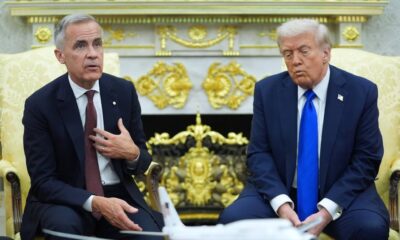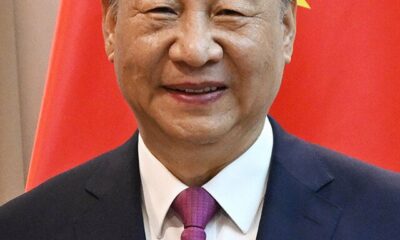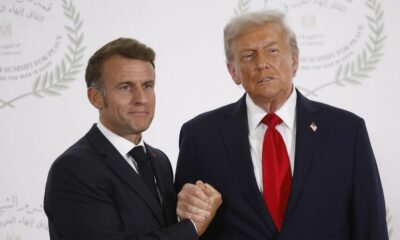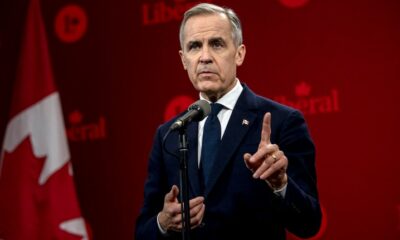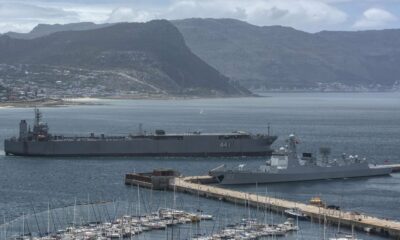News
China Warns of ‘Abyss’ as Israel-Iran Tensions Escalate
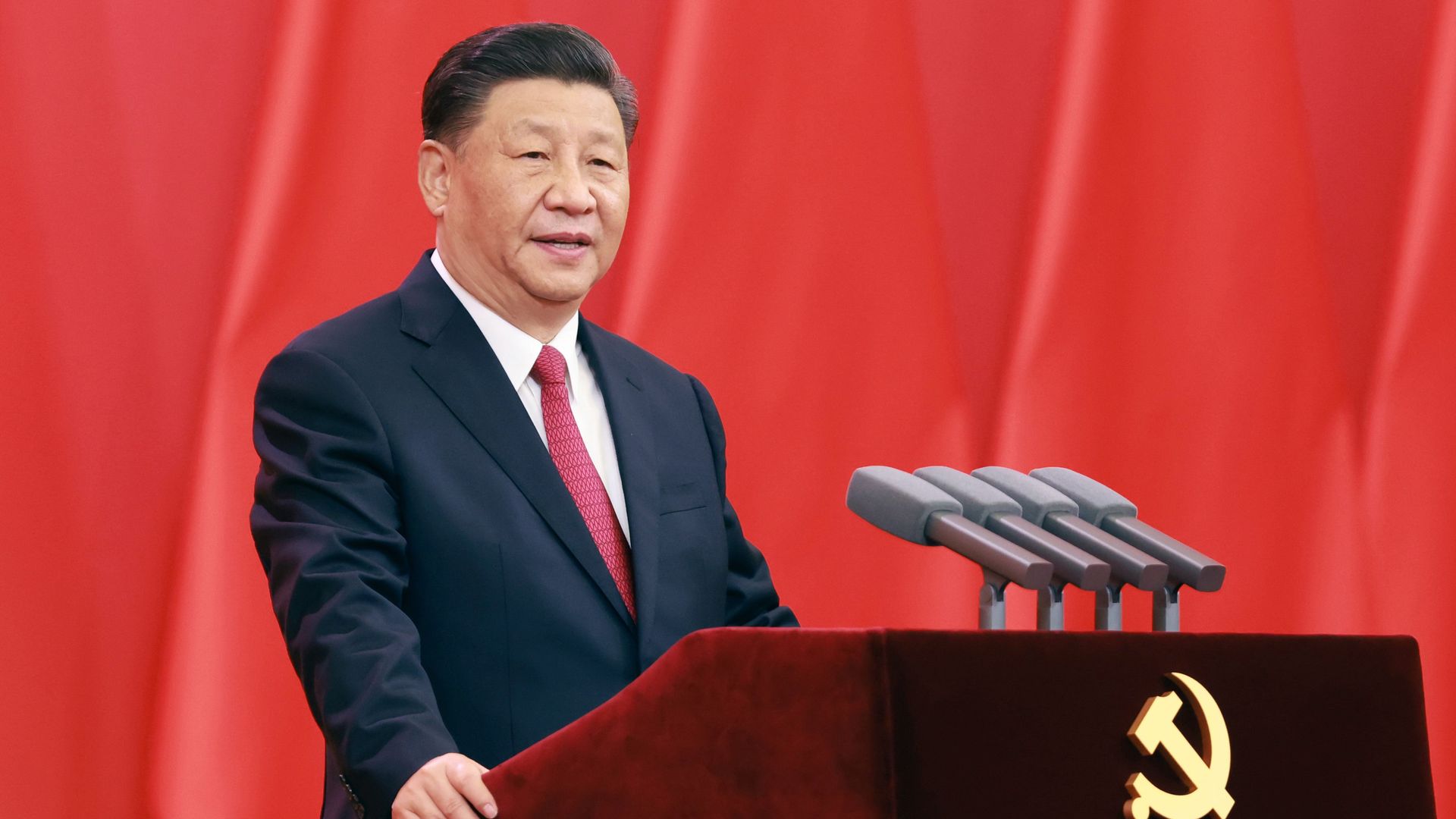
Beijing urges urgent ceasefire as fire exchanged for sixth day between regional rivals
As missiles continue to criss-cross Middle Eastern skies, China has issued one of its most urgent warnings yet, calling for immediate de-escalation in the fast-intensifying conflict between Israel and Iran.
Chinese Foreign Minister Wang Yi, in separate phone calls on Wednesday with his Egyptian and Omani counterparts, warned that the region risks spiralling into an “abyss” if tensions are not defused swiftly.
China Raises Alarm: “Cannot Sit Idly By”
“China is deeply concerned that the situation may get out of control,” Wang told Egypt’s foreign minister, in remarks published by the Chinese foreign ministry. In his call with Oman, Wang was even more direct: “We cannot sit idly by and let the region slide into an unknown abyss.”
The sense of urgency follows six consecutive days of fire exchanged between Israel and Iran — two of the Middle East’s most powerful and adversarial states. The latest strikes have raised the stakes for global diplomacy, with China now positioning itself as a potential peacemaker amid what could become a region-wide war.
A Region on Edge, A World Watching
The Middle East has long been a powder keg of rival interests, proxy wars, and fragile ceasefires. But recent events have jolted observers, particularly with Israel claiming to have struck Iran’s internal security headquarters in Tehran, a move that escalates the stakes well beyond border skirmishes.
For China, the region is critical, not just diplomatically, but economically. Much of China’s energy security is tied to Gulf oil routes, and the country has invested heavily in diplomatic capital in the Middle East, including brokering the 2023 détente between Iran and Saudi Arabia.
Trump, Khamenei and the Risk of a Wider War
The United States, meanwhile, has taken a radically different tone. President Donald Trump, speaking Wednesday, said Iran must offer “unconditional surrender” a stark ultimatum that risks further inflaming tensions.
Iran’s Supreme Leader Ayatollah Ali Khamenei fired back defiantly: “Iran will never surrender.” He warned the United States that direct involvement would bring “irreparable damage”.
The clash of rhetoric between Washington and Tehran only adds volatility to an already combustible region, and puts global powers at odds over how to respond.
China’s Ceasefire Push: Can Beijing Broker Peace?
Beijing’s call for an immediate ceasefire echoes its broader diplomatic ambitions to be seen as a stabilising force in global conflict zones — a role once reserved largely for the US and EU. While China has not proposed a detailed peace plan, its framing of Israel’s strikes as violations of international law aligns it more closely with the broader Global South, particularly in Arab and African capitals.
China’s involvement could also reflect its intent to build credibility as a global mediator ahead of upcoming BRICS and UN summits, platforms where Global South unity is expected to be a major theme.
Local and Global Reactions: Twitter Diplomacy and Silence
While official responses from other global powers remained cautious, social media lit up with users urging restraint. A trending hashtag in Arabic, #StopTheWarNow, gained traction across platforms, while Chinese netizens on Weibo expressed pride in Beijing’s diplomatic stance.
Israeli commentators, however, accused China of bias. “They didn’t say a word about Hamas rockets or Iran’s drone strikes,” said one post by a popular Israeli analyst.
More Fire or Fragile Diplomacy?
As of now, missiles continue to fly, and any diplomatic window appears vanishingly narrow. The United Nations has called an emergency session, while backchannel talks are reportedly underway via regional mediators.
But as China’s Wang Yi warned, the longer this conflict burns unchecked, the harder it will be to pull the region back from the edge.
One thing is certain: if diplomacy fails, the cost will not be borne by governments alone, but by civilians caught in the crossfire.
{Source: IOL}
Follow Joburg ETC on Facebook, Twitter , TikTok and Instagram
For more News in Johannesburg, visit joburgetc.com



